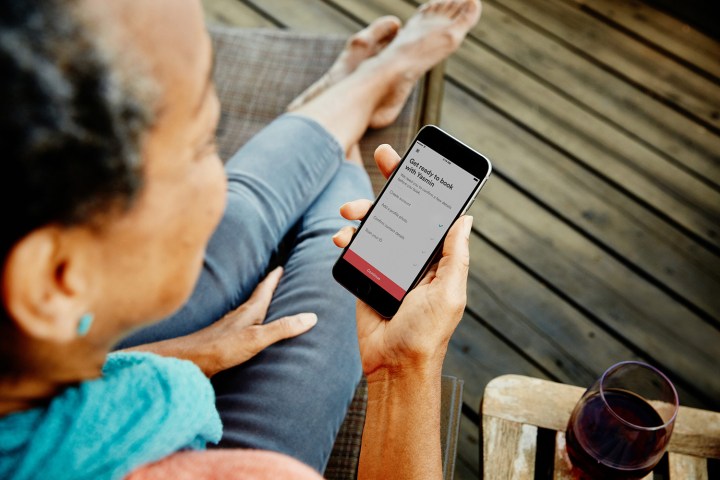
The dense tower is scheduled to start construction within the first quarter of 2018 near the tourist hub of Orlando, in the nearby village of Kissimmee, Florida. As part of the package, renters will be allowed by lease to offer up their home on Airbnb 180 days out of every year, while Newgard will claim a percentage of the money tenants make from renting out their home. However, Newgard also revealed that if owners opt to rent out a single bedroom in their apartment, branded on Airbnb as a hosted stay, there’s no cap on the number of nights the room can be rented.
Tenants will keep 75 percent of the revenue
The company hasn’t officially released rates or percentages, but Newgard CEO Harvey Hernandez told CNN Tech that tenants will keep 75 percent of the revenue, with a full quarter going to the development group.
“This partnership shows how landlords, developers and Airbnb can work together to create value for everyone and better serve tenants,” Jaja Jackson, Airbnb’s director of global multifamily partnerships, said in a release.
To sweeten the deal, the $31 billion startup will provide an app that provides keyless entry to apartments and enables Niido management to provide cleaning and linen services to guests—just as one would find in a hotel. Under the new deal, Newgard will retain 100 percent ownership of the Niido complex; Airbnb will not own any part of the property.
Newgard is a well-known developer in the Florida market and is in front of the moment to attract millennial customers with modern furniture and restaurants nestled into ground floors. Other projects are geared towards lending tenants access to bike and car-sharing facilities as well.

Some of the company’s successful projects include a 303-unit residential tower in West Palm Beach as well as the 188-unit Mediterranea in Coral Gables, Florida. Projects currently on the books include Centro, a futuristic residential tower in Miami and Gale, a boutique hotel and residences project based in Fort Lauderdale.
For Airbnb, the project is a way to counter the fierce criticism it has fielded in markets like New York and San Francisco, where the company has been accused of disrupting already-thin affordable housing. Under the Niido model, tenants could potentially generate additional income on a regular basis.
New initiatives are not a surprise from a company constantly putting the hospitality industry on its toes.
The nascent partnership started nearly two years ago when Hernandez met one of Airbnb’s co-founders, leading to conversations between the startup and the developer regarding architectural decisions that are in line with Airbnb’s lucrative home-sharing model based on massive amounts of data the company has collected over the years.
Hernandez told Forbes that he expects an additional six to eight properties to launch in the next 18 months designed around the same home-sharing aesthetics and functionality. Other markets considered prime territories for the new model include Nashville, Tennessee; Charleston, South Carolina, and various cities in Texas.
“For us, it’s very important to people to understand the reason we’re doing this is because we think, through home sharing, our tenants will be able to make additional revenue that could actually change the way they live by attaining the lifestyle they might want, but we know they can’t afford,” Hernandez said. “Hopefully, this is a step in the right directive.”

The Niido initiative falls under the umbrella of Airbnb’s “Friendly Buildings Program” to help landlords set the terms for tenants who want to rent out their units on Airbnb. The new partnership comes in the wake of other industry “disrupters” like Airbnb’s pilot program Airbnb Select, a premium service that aims to put the startup in fierce competition with high-end hotels. Another partnership with WeWork helps business travelers find pop-up workplaces.
New initiatives are not a surprise from a company that is constantly putting the hospitality industry on its toes with new ideas combined with explosive growth. Airbnb founder Brian Chesky has coined a phrase for it, as reported in Leigh Gallagher’s book The Airbnb Story last year: “The thing after.”
“He uses that phrase to say that they’re doing something so different that it’s not even in the same category,” Gallagher told Digital Trends. “Airbnb is the thing after mass production. Or the new Trips product (an experiential version of Airbnb), which (Chesky) says is the thing after travel. I think it’s going to be interesting to see what happens with the Trips product and some of the other things Airbnb has up its sleeves. It’s bold ambition, but people know Airbnb for one thing only. Now it’s trying to break out of that mold and it will be interesting to see what happens next.”


